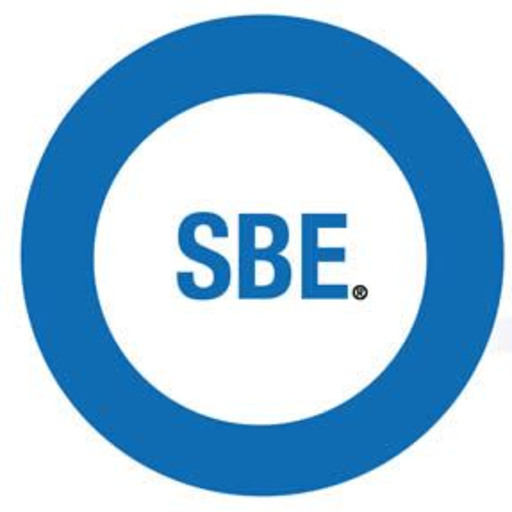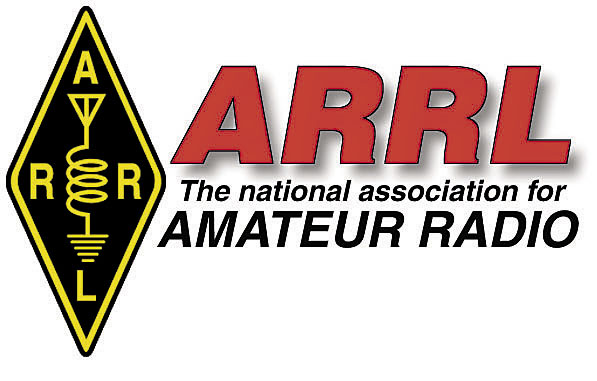The SBE filed comments on Oct. 29, 2018, with the FCC in response to the notice of proposed rulemaking (FCC 18-91), released July 13, 2018. That notice sought comment on various proposals for transitioning all or part of the 3.7-4.2 GHz band for flexible use, terrestrial mobile spectrum, and explores options for more efficient and intensive fixed use of the same band, all while protecting incumbent C-Band satellite earth stations from harmful interference.
 The SBE comments constitute a counterproposal that offers a reasonable alternative to dividing the 3.7-4.2 GHz band, a reverse auction, or other action that would not protect incumbent C-band receive-only earth stations. The SBE suggests that, given the huge number of C-band registrations since the opening of the window (now reportedly greater than 16,000), the FCC’s initial premise that the C-Band could be shared with 5G as an overlay was simply wrong.
The SBE comments constitute a counterproposal that offers a reasonable alternative to dividing the 3.7-4.2 GHz band, a reverse auction, or other action that would not protect incumbent C-band receive-only earth stations. The SBE suggests that, given the huge number of C-band registrations since the opening of the window (now reportedly greater than 16,000), the FCC’s initial premise that the C-Band could be shared with 5G as an overlay was simply wrong.
Recognizing that the European 5G proposal is 3.4-3.8 GHz, and since that offers 1 MHz of overlap with the U.S. proposal, the U.S, should adopt the European allocation, put the commercial broadband providers in the 3.4-3.7 GHz band and use the small overlap segment with C-band for local, private 5G networks critical for next-generation manufacturing and industrial applications. That is actually workable with C-band in the 100 MHz overlap segment. It leaves the vast majority of the spectrum, 3.8-4.2 GHz, intact with no 5G.
In contrast to other proposals, nothing is lost for current C-band users with the SBE plan. 5G moves into military radar spectrum, which was already designated years ago for broadband reallocation as part of the National Broadband Plan.

